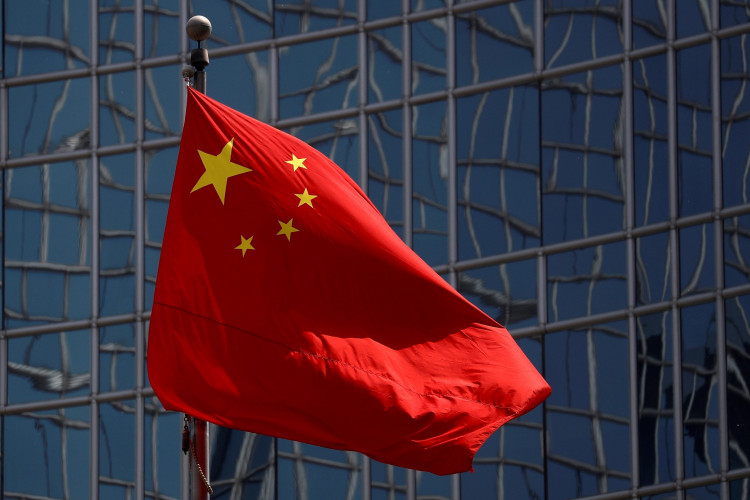The International Monetary Fund (IMF) has upgraded its forecast for China's economic growth this year to 5%, up from the previous estimate of 4.6%, citing a strong first quarter and recent policy measures aimed at stabilizing the economy. This revision comes as Beijing intensifies efforts to support an uneven recovery in the world's second-largest economy, which has been hampered by a prolonged property crisis affecting investors, consumers, and businesses.
"The upgrade that we have for this year mainly reflects the fact that first-quarter GDP growth came in stronger than expected, and there were some additional policy measures that were recently announced," said Gita Gopinath, IMF's First Deputy Managing Director, during a press conference in Beijing marking the conclusion of the fund's annual review of China's economic policies.
The IMF's new projections are in line with Beijing's growth target of "around" 5% for 2024. However, the organization expects slower growth in the coming years, with GDP growth forecasted to slow to 4.5% in 2025 and further decline to 3.3% by 2029. This deceleration is attributed to an aging population and slower productivity growth.
Despite the positive adjustment for this year, the IMF highlighted significant risks that could impede China's economic trajectory. "Risks to the outlook are tilted to the downside, including from a greater or longer-than-expected property sector readjustment and increasing fragmentation pressures," Gopinath warned. She emphasized the need for a comprehensive policy package to address the persistent issues in the property sector, suggesting that central government resources should be mobilized to assist buyers of pre-sold unfinished homes and to expedite the completion of such projects.
The property market, a critical sector for China's economy, remains a substantial challenge. Although Beijing recently announced measures to stabilize the market, including removing the floor on mortgage rates, analysts argue that these steps may fall short of ensuring a sustainable recovery. Gopinath suggested that greater price flexibility and monitoring of macro-financial spillovers could stimulate housing demand and help restore balance in the sector.
China's economic performance has shown signs of resilience despite these challenges. The country posted a better-than-expected 5.3% growth in the first quarter, driven by robust exports. However, recent indicators, such as slower retail sales growth and declining new home prices, signal that the path to sustained recovery is fraught with hurdles. The IMF's review underscored the need for continued support for domestic demand and mitigating downside risks.
"Near-term macroeconomic policies should be geared to support domestic demand and mitigate downside risks," Gopinath noted, adding that achieving high-quality growth would require structural reforms to address underlying imbalances and counter economic headwinds.
During her visit to China, Gopinath met with key officials, including People's Bank of China Governor Pan Gongsheng and Ministry of Finance Vice Minister Liao Min. These discussions centered on the importance of structural reforms and the role of central government intervention in mitigating the effects of the ongoing property sector correction.
The IMF's revised outlook aligns with the forecasts of several financial institutions, which have also upgraded their projections for China's growth. BNP Paribas, Goldman Sachs, and Citi have all adjusted their growth estimates to 5%, citing strong first-quarter data as a key factor.
In addition to addressing property market challenges, Chinese authorities are focusing on boosting consumer spending and industrial activity. Recent measures include enhancing employment support policies, particularly for college graduates and young people, as emphasized by Chinese President Xi Jinping in a meeting earlier this week.






